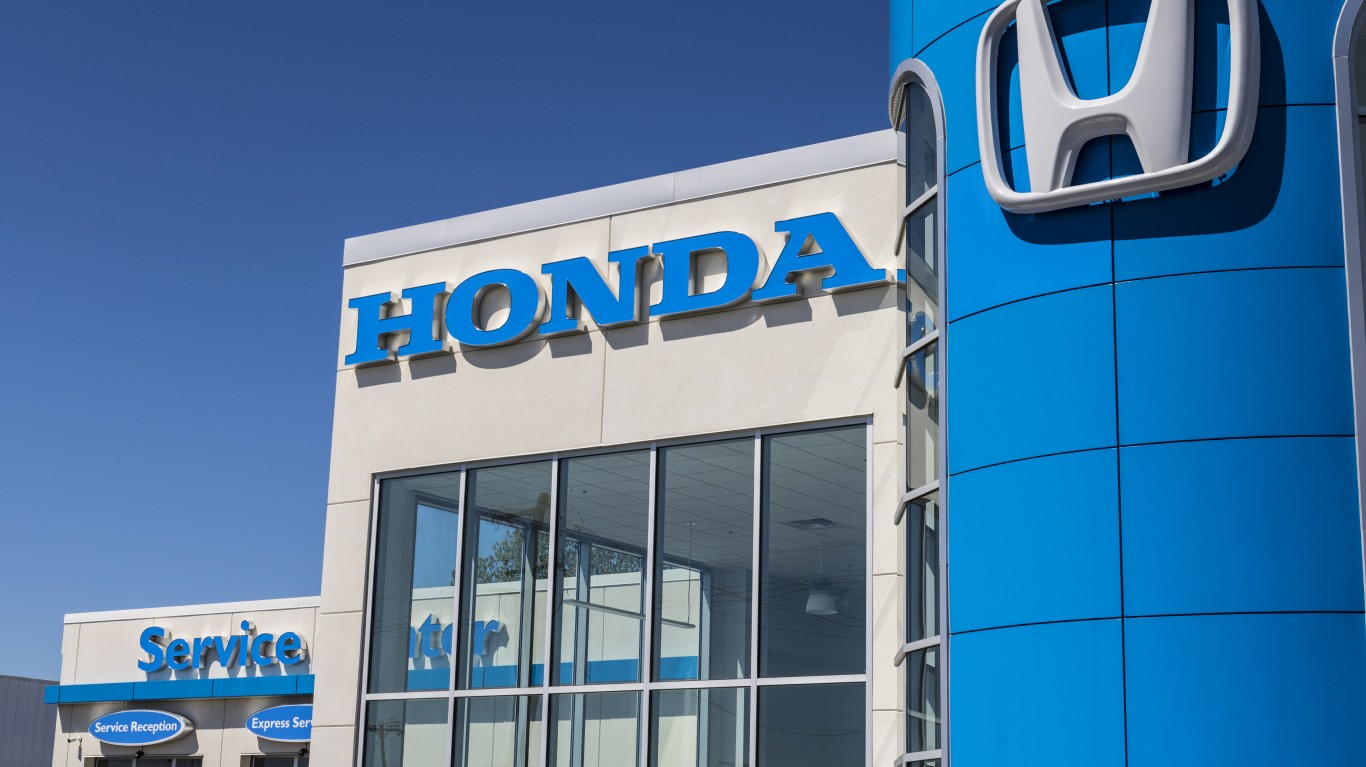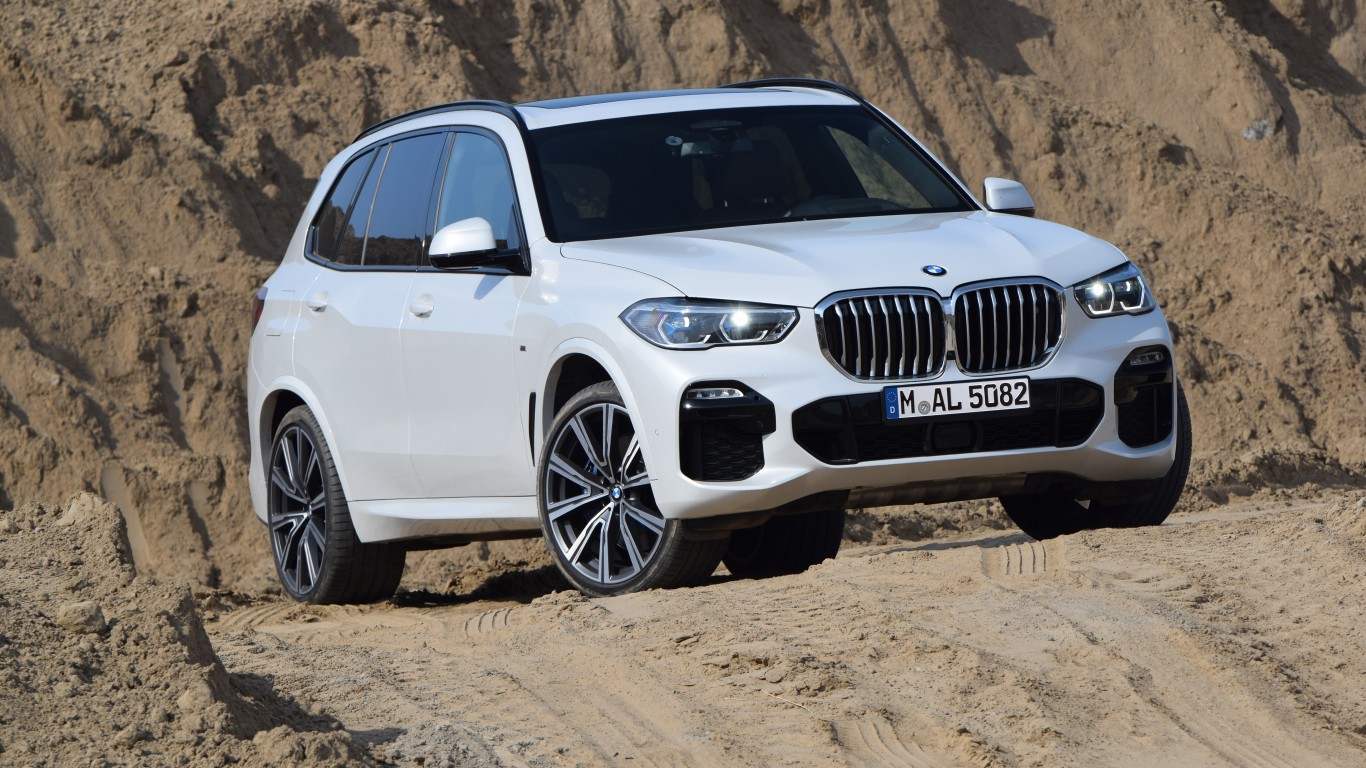 Chrysler is no longer an American-controlled company. Fiat bought the last stake owned by the U.S. government and now has 53% of the equity in the No.3 U.S. car firm. Taxpayers did not do well in the bailout of Chrysler. The Treasury put $12.5 billion into the carmaker and got $11.2 billion back. Fiat was able to build its position with the help of U.S. citizens. The Italian company received an extraordinary deal in the process.
Chrysler is no longer an American-controlled company. Fiat bought the last stake owned by the U.S. government and now has 53% of the equity in the No.3 U.S. car firm. Taxpayers did not do well in the bailout of Chrysler. The Treasury put $12.5 billion into the carmaker and got $11.2 billion back. Fiat was able to build its position with the help of U.S. citizens. The Italian company received an extraordinary deal in the process.
The Treasury has often argued that more than its financial investment in the Chrysler bailout has to be taken into account. A liquidation of the company would have cost tens of thousands of jobs at the manufacturer and untold more at suppliers. That assumption is only true if there had been no buyer for Chrysler and its assets. Chrysler had a large enough share of the American market that a liquidation was always unlikely. Several Japanese and European auto companies would have found it attractive if they had been able to negotiate with creditors and the UAW to reduce financial liabilities. With Chrysler on the brink of extinction, those two groups would have been ready to bargain.
The benefits of the ownership of Chrysler have only increased in the last two years, which should have made it easier for the federal government to make money on its sale. Chrysler had 9.4% of the domestic market in the first half of 2010. That climbed to 10.4% in the first half of 2011, and 11.4% in June when its domestic sales rose 30.2%.
Chrysler has benefited from trouble at Japanese car companies. The first of these was caused by huge recalls of Toyota (NYSE: TM) models. The Japan earthquake cut into parts supplies, which caused shortages at Nissan, Honda (NYSE: HMC), and Toyota dealers. Those shortages will end this year, but that is not a guarantee that Japanese manufacturers can get their market share back.
The modest rebound in U.S. car sales and the smaller presence of Japanese cars has allowed Chrysler to retool some of its best selling models, many of which had not been upgraded in recent years. This includes the company’s 300 series and Jeep Grand Cherokee. Product improvements have helped push the sales of these higher.
The largest benefit Fiat gets from the deal, perhaps, is Chrysler’s dealership network, which can be used to sell small Fiat models. These are fuel efficient and should do well in an environment in which gas prices are still above $3.50, and as many car companies cannot keep their smallest autos in stock. Fiat seized what other large European manufacturers like VW did not. It is easier to enter a market with an established sales network in place.
The Treasury did a poor job for taxpayers. Chrysler is worth much more than Fiat paid for it.
Douglas A. McIntyre
Thank you for reading! Have some feedback for us?
Contact the 24/7 Wall St. editorial team.




